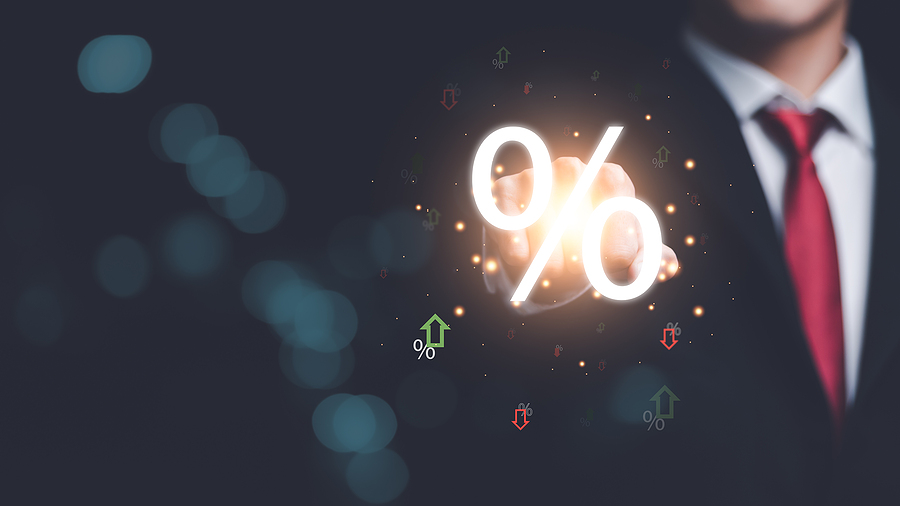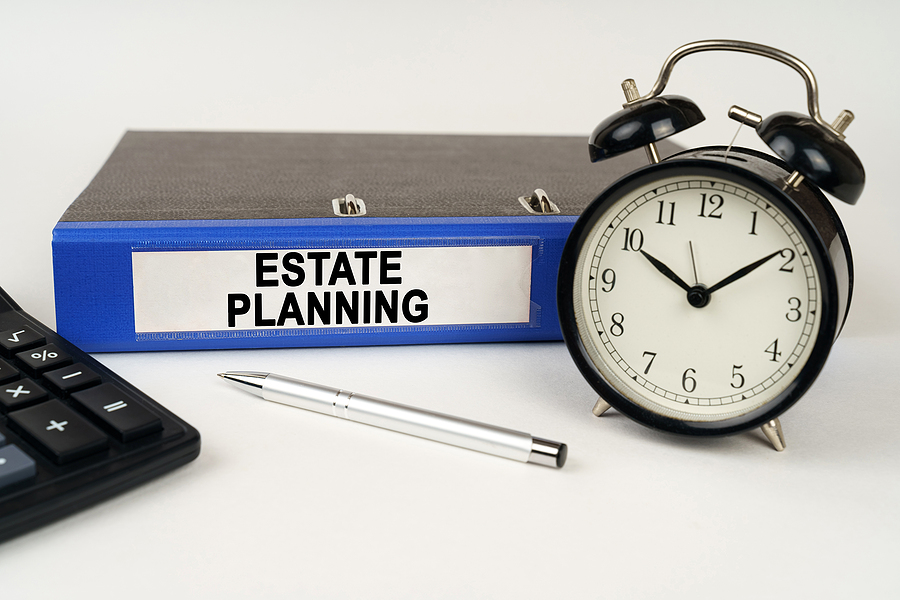Slower consumer price growth could be enough to stave off another interest rate hike next week but it is still too early to run a victory lap around inflation.
The Australian Bureau of Statistics’ consumer price index sunk back to 5.6 per cent in the year to May, down sharply from 6.8 per cent in April.
The result was well below expectations of the market and most economists, with an abrupt turnaround in fuel prices feeding into the weak result.
“This month’s annual increase of 5.6 per cent is the smallest since April last year,” Australian Bureau of Statistics head of prices statistics Michelle Marquardt said.
“While prices have kept rising for most goods and services, many increases were smaller than we have seen in recent months.”
A 6.7 per cent fall in automotive fuel prices in May, to be down eight per cent annually, weighed heavily on the headline figure.
This can largely be explained by the halving of the fuel excise tax in 2022, which caused the annual indicator to jump in April.
Holiday travel and accommodation prices also fell 11.3 per cent in monthly terms and grew at a softer annual rate compared to the previous month.
Housing was among the top contributors to the annual growth, lifting 8.4 per cent, but was down from 8.9 per cent in April.
Low vacancy rates fuelled another uptick in rents from 6.1 per cent in April to 6.3 per cent in the 12 months to May.
The other top contributor to the annual growth was food and non-alcoholic beverage prices, which grew 7.9 per cent annually.
Despite the convincing fall in the headline figure, the decline in inflation was much more tempered when volatile items such as automotive fuel, holiday travel and fruit and vegetables were stripped out.
The bureau’s measure of underlying inflation in the index, calculated by removing unpredictable categories, fell to 6.4 per cent in May – slightly lower than the rise of 6.5 per cent recorded in April.
Looking beyond the headline number, Barrenjoey economist Jo Masters said there were concerning details likely to weigh on the Reserve Bank’s July cash rate decision next week.
Rents lifted more than expected and services inflation accelerated across utilities, insurance and rents.
“And these are items where prices almost never fall, so they take a very long time to come out of the inflation data,” she said.
The economist said she was leaning towards another hike.
HSBC economist Paul Bloxham said the inflation numbers were generally good news for Australia and since the 8.4 per cent peak in December there was a clear downward trend emerging.
But Mr Bloxham said the pulse of inflation was still beating too strongly.
“Another way to think about this is that the easier part of the disinflation process, the parts largely related to pandemic and commodity market disruptions, are now coming through in the numbers but the ‘stickier’ parts of inflation are still yet to fade,” he said.
He said it was still too early to “declare victory in the inflation fight” but the monthly figures would be enough to tilt the RBA board towards a pause in July.
Poppy Johnston
(Australian Associated Press)





